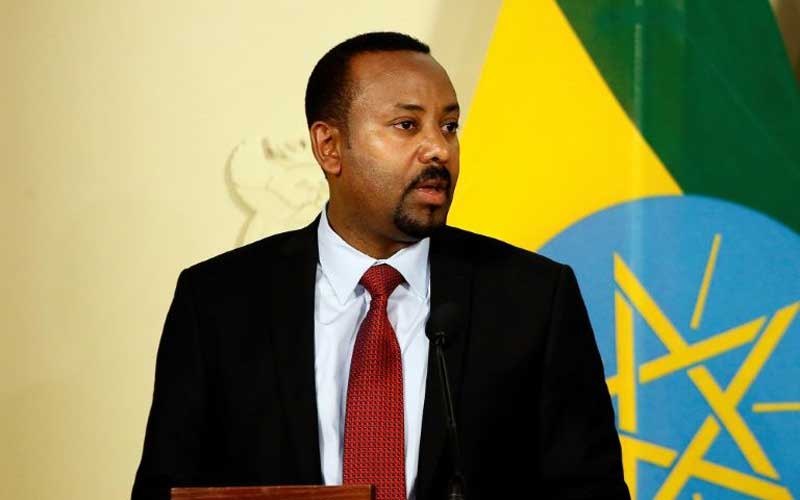×
The Standard e-Paper
Fearless, Trusted News

Ethnic tensions are a major challenge to Ethiopia's Nobel-winning premier, Abiy Ahmed. [AFP]
Three people were killed and others were critically injured when protests erupted in Ethiopia on Tuesday after a prominent singer from the country's largest ethnic group was shot dead, a doctor said